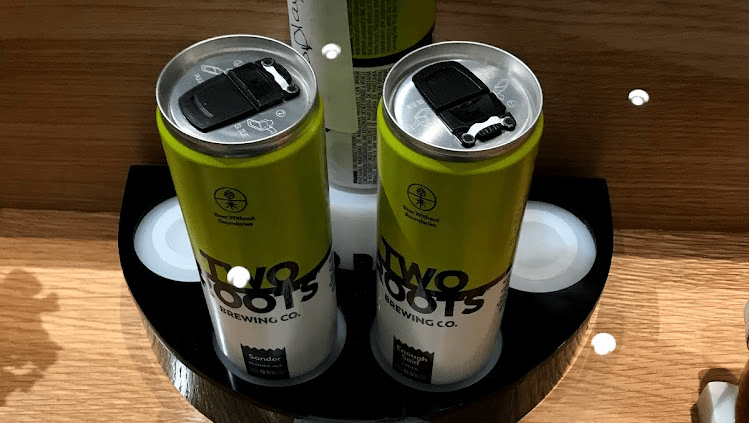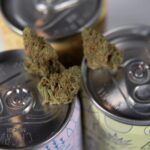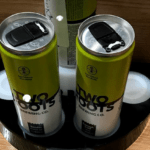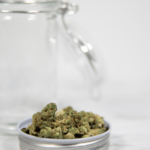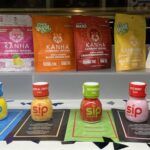To the casual shopper, a cannabis-infused beverage may seem like a simple product: a fizzy seltzer, a flavored tea, or perhaps a mocktail with a hint of THC. But once the label is turned over, the story gets much more complicated. From one state to another, cannabis drinks can vary widely in strength, price, flavors, and even whether they are legal at all.
Legal Status: Where Drinks Are Allowed
One of the biggest differences consumers notice is whether a state allows THC-infused drinks in the first place. Thanks to the 2018 Farm Bill, hemp-derived beverages with less than 0.3% delta-9 THC by dry weight are federally legal, but states have the final say in regulating them. Some states welcome hemp-derived THC seltzers and CBD drinks, while others restrict or ban them outright. In recreational cannabis states, beverages fall under broader cannabis regulations, often with stricter controls on production and sale.
Potency Caps and Serving Sizes
Even where THC drinks are allowed, rules around potency differ dramatically. Many states set serving caps between 5 and 10 milligrams of THC per serving. However, exceptions exist. Missouri and Wyoming have allowed products reaching up to 100 mg per serving, while Hawaii limits drinks to just 2.5 mg. Minnesota requires a 10 mg can to be labeled as two 5 mg servings, though that rule may soon change. These variations mean a consumer traveling between states may find the same style of drink with very different effects.
Flavors and Product Types
Another layer of difference lies in flavors and product types. Some states permit cannabis beverages that mimic alcoholic formats like spritzers, mocktails, or beers, while others restrict additives, colors, or certain botanicals. Marketing and packaging laws add more limits, with many states banning designs or names that might appeal to children. That’s why a tropical-flavored seltzer might be easy to find in one market but off-limits in another.
Price and Taxes
The price of cannabis drinks also fluctuates by state, largely due to varying tax schemes and supply dynamics. In some markets, a four-pack of 5 mg THC seltzers costs around $16–19, roughly the price of a craft beer pack. Elsewhere, higher excise taxes or stricter supply limits push prices higher. States may tax based on THC content, package volume, or wholesale markup, meaning the same drink could cost significantly more just across state lines.
CBD-Only vs. THC Options
In addition to THC beverages, many states lean more heavily into CBD-only or hemp-derived options. States like New York restrict hemp drinks to very low THC levels, while others draw a hard line against intoxicating cannabinoids outside of licensed cannabis programs. As a result, a beverage that feels perfectly normal in one state might be considered non-compliant in another.
Final Sip
The cannabis beverage landscape is anything but uniform. Legal status, potency caps, flavors, packaging rules, and taxes all vary, creating a patchwork that consumers must navigate carefully. For those traveling or exploring new markets, it’s important to remember: the favorite THC seltzer from California may look quite different — or may not even be available — in Florida or Minnesota.

